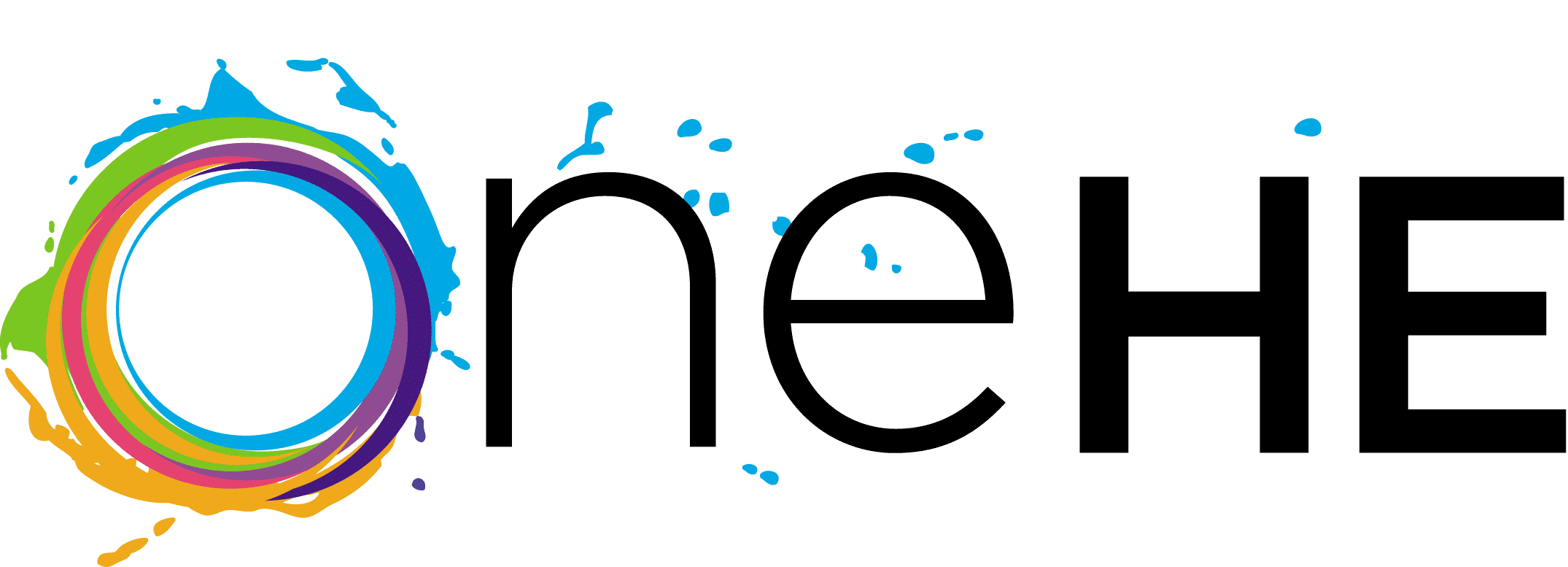What does the research tell us?
Royce Sadler famously described feedback given but not used as ‘dangling data’ (Sadler, 1989: 121). The information may be provided, but for that information to function as feedback, it needs to be used and have an impact on what students do next. Margaret Price and her colleagues argued for the importance of focusing not just on providing feedback, but how students engage with it.
Taking steps to help students develop the skills underpinning effective use of feedback is important in light of research indicating that both educators and students believe that the purpose of feedback is to facilitate learning and improvement (Dawson et al., 2019; Mulliner & Tucker, 2017).
We know that there are barriers to students’ use of feedback (Jönsson, 2013; Winstone et al., 2017a), and if we know about these, we can develop ways to overcome them. Furthermore, by knowing the skills that are important in using feedback, we can think of ways to help develop these skills. In a systematic review of the literature, Winstone et al. (2017b) uncovered four ‘recipience skills’ that underpin effective use of feedback: Self-appraisal; Assessment Literacy; Goal-setting and self-regulation; and Engagement and motivation.
With growing recognition of the importance of skills underpinning use of feedback comes a greater appreciation of the importance of helping students to develop these skills. Carless and Boud (2018) refer to these skills and capacities as ‘feedback literacy’, encompassing capacities to appreciate the importance of feedback; the capacity to make judgements about the quality of work; the capacity to manage emotional responses to feedback; and the capacity to take action in response to feedback. These skills and capacities are framed as important in lifelong learning (Molloy et al., 2019).
References:


Discussions
Please share your thoughts and questions in the comments section below.